Buying Real Estate in Thailand: A guide for foreign investors
By Mandy Chen
When buying or investing in real estate in another country, there may be different regulations and requirements for foreigners. It is important to research and excavate all information and documents needed. The following will extensively explain some of the point expats and foreigners should consider when investing in Thailand.
1. Can Foreigners Buy Property in Thailand?

- Foreigners are not allowed to own land in Thailand by law. If interested in buying property in Thailand, a foreign investor has two options: either can be a 30-year leasehold or purchase the property through a limited company.
- To set up a Thai Limited Company, foreigners cannot hold half or more than half of the company’s shares. Therefore at least 51% of the company has to be owned by Thai shareholders.
- Foreigners can lease the land for 30 years in Thailand and are subject to renewal thereafter. Houses, townhouses, and detached houses are described as ‘landed’ in Thailand law, hence a foreigner is not able to own one or any of these without assistance from a Thai national.
- Due to the legal restrictions mentioned above, most foreigners choose to simply buy a condominium or apartment in Thailand. However, a foreigner can only purchase a condominium in his/her own name, as long as at least 51% of the building is owned by Thai owners. In other words, the condominium units owned by foreigners cannot exceed 49% of the total space of the development.
2. Finance Options for Property Investment

- In general, foreigners find it difficult to secure financing from Thai banks. Currently, there are 2 banks (UOB and ICBC) that could provide financing. You can contact UOB or ICBC in Thailand, to which the bank will coordinate with their head office to proceed with the transferring of funds into your bank account in Thailand with the directive of buying property in Thailand. Note that the lending criteria can be quite strict. Hence it would be better for you to consider buying real estate with cash or getting a refinancing of your existing property in your own country.
- If the property is going to be under a foreigner’s name, the money has to come from overseas instead. Even if you work in Thailand or receive a loan from a Thai bank, you are required to bring the fund in from abroad and the loan will end up being in a foreign currency.
3. Down Payment & Additional Expenses
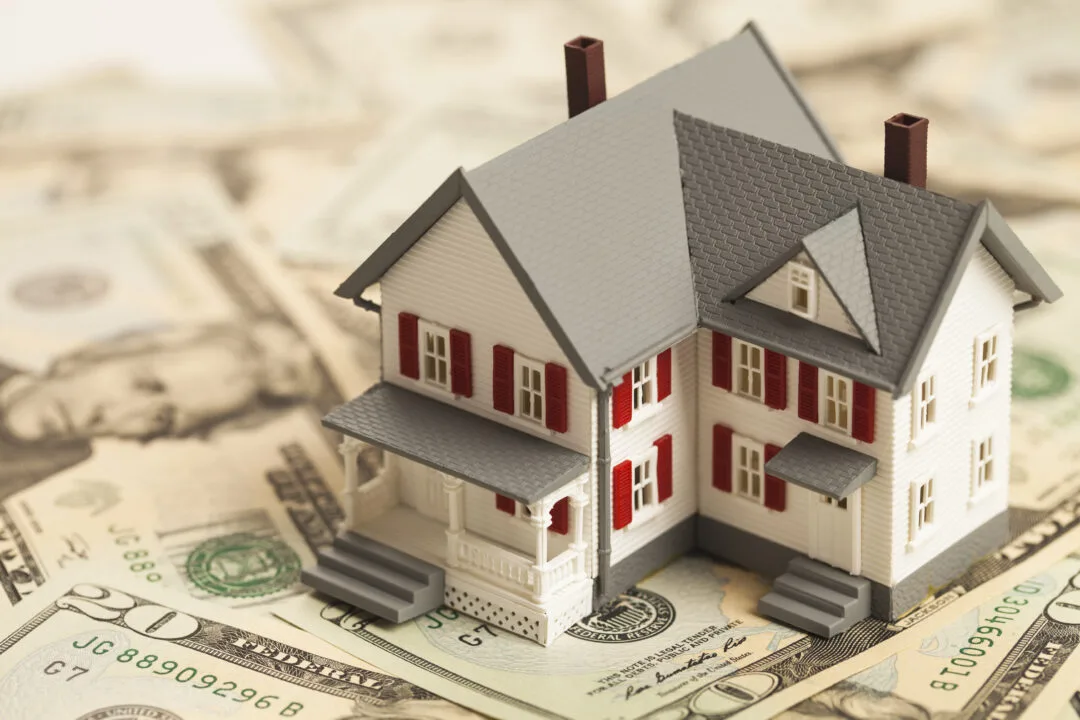
- For foreigners the deposit required for off the plan (under construction) makes up for about 20 to 30% of the purchase price; thereafter they are not required to pay anything till completion.
- If it is a completed project, 10% to 20% of the deposit required.
- This will then be deducted from the total purchase price. If you fail to settle the payment, the seller or developer will then retains the deposit. Should the seller fail to keep up their side of the bargain, the deposit is refundable. Insure that these conditions are written in the terms of the agreement and retain a receipt of the transaction.
- There will be a statutory protection option available for buyers under the Escrow Act, where the developer (off plan) cannot forfeit the above said deposit in the event the developer goes bankrupt.
- Other buying expenses will include transfer fee & taxes, the sinking fund (one-off) and advance juristic fee (i.e. maintenance fees one year in advance)
4. Transfer of Funds

- To purchase a property, foreigners need to bring funds into Thailand by either transferring funds into a bank account in Thailand, selling traveller’s cheques, a foreign credit card or withdrawing funds from a non-Resident Baht Account or foreign currency deposit account(FCD);
- Foreign currencies MUST be transferred into Thailand as foreign currency and exchanged into Thai Baht by a local bank in Thailand.
- There no limit to the amount you can transfer into Thailand.
- Foreigners are required to remit at least USD 20,000.00 into Thailand per transfer to receive a FOREX Transfer Form from the Bank. This form will be needed to transfer the unit under foreign ownership and also remit money back out of Thailand if so needed in the future.
Read Also
Why Choose Malaysia as Your Second Home for 2019
Foreigner’s Guide to Buying Property in Malaysia
Top Four Property Investment Tips
5. Documents Required when Buying Thai Property
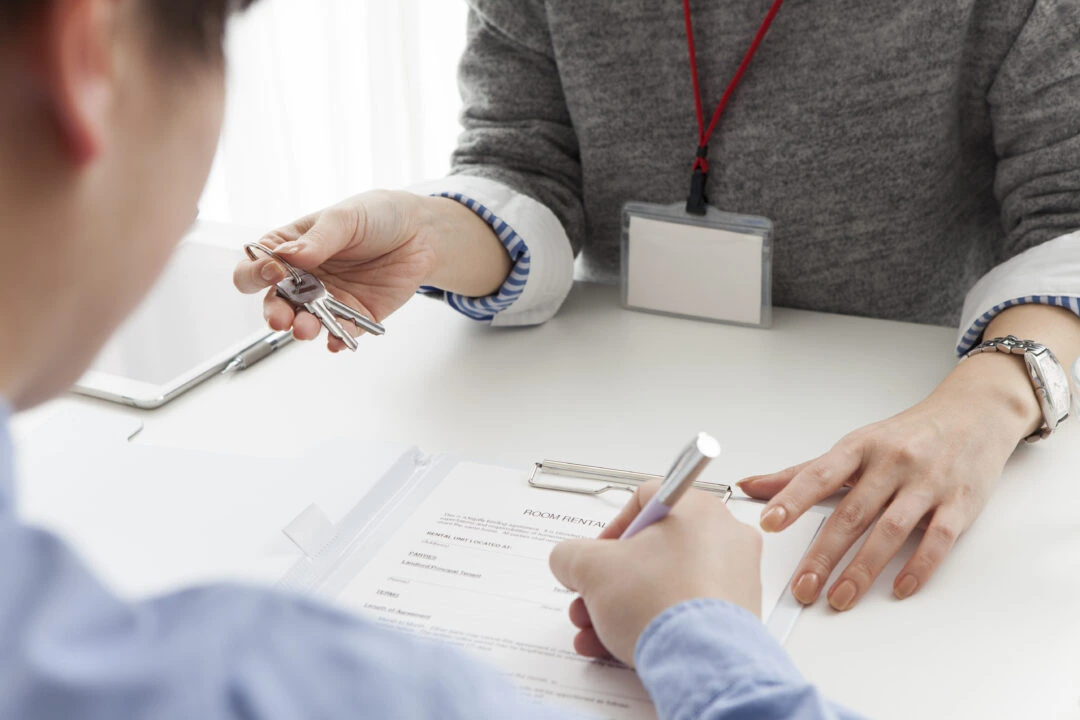
- A copy of the buyer’s passport will be required.
- Foreigners can sign the Sale and Purchase agreement in Thai or English.
- For foreigners to be eligible to purchase a property, they must present proof to the Department of Lands that the funds have been remitted from overseas in foreign currency. Without such proof, the Department of Lands will not register the transfer of ownership to the foreign buyer.
6. No Restriction when Buying and Selling
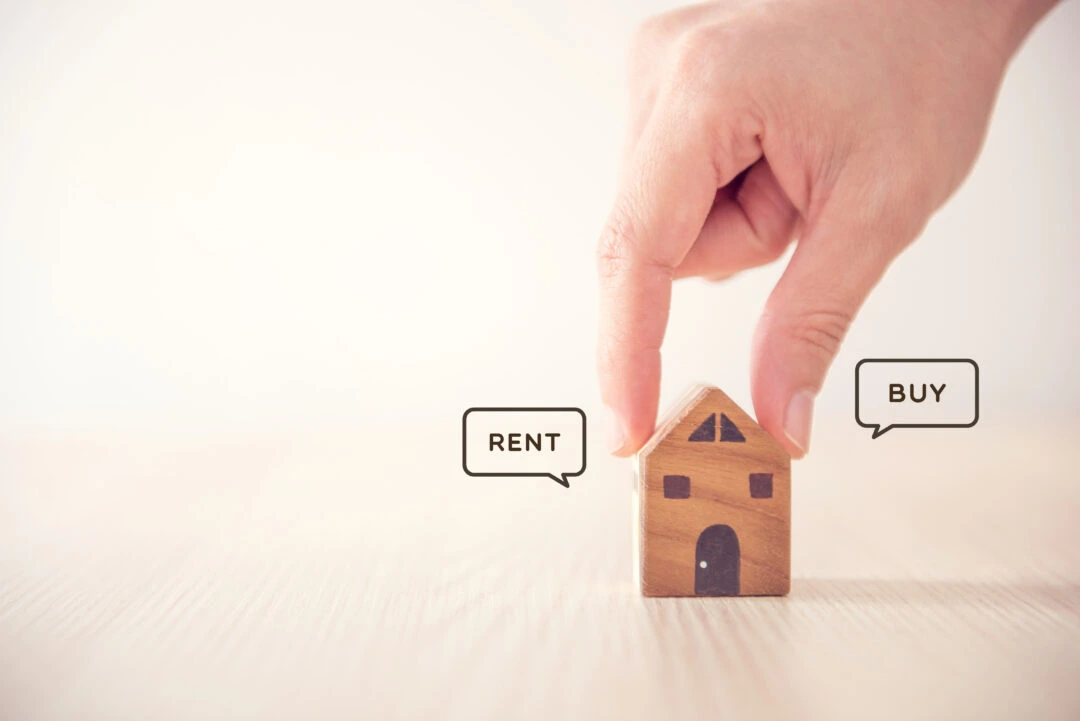
- Foreigners can buy any Thailand property for an off plan or in a secondary market.
- There are generally no restrictions to resale. You can sell to anyone, be it locals or foreigners.
- If you buy off plan, you are allowed to do a one-time transfer of rights to another purchaser prior to completion; with some minimal administration charges by the developer. Hence, it’s not necessary to wait until construction is complete before offloading your property.
7. Investment Visa
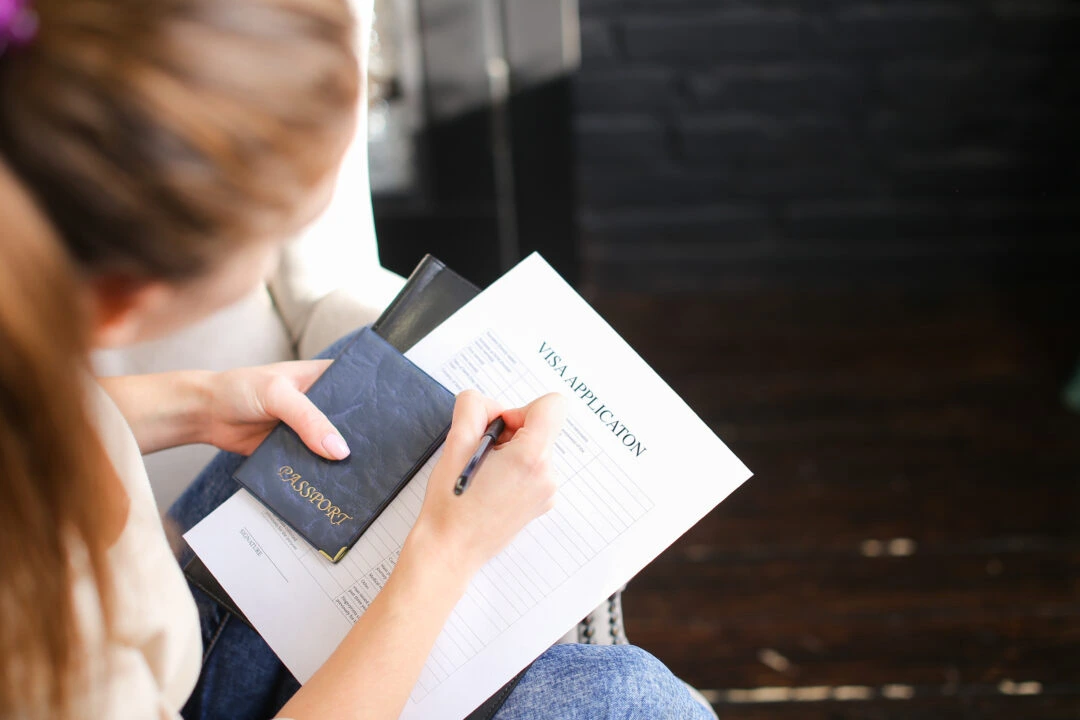
- Foreigners who transfer funds into Thailand to purchase a property valued over THB10 million can apply for a one-year investment visa.
8. Location
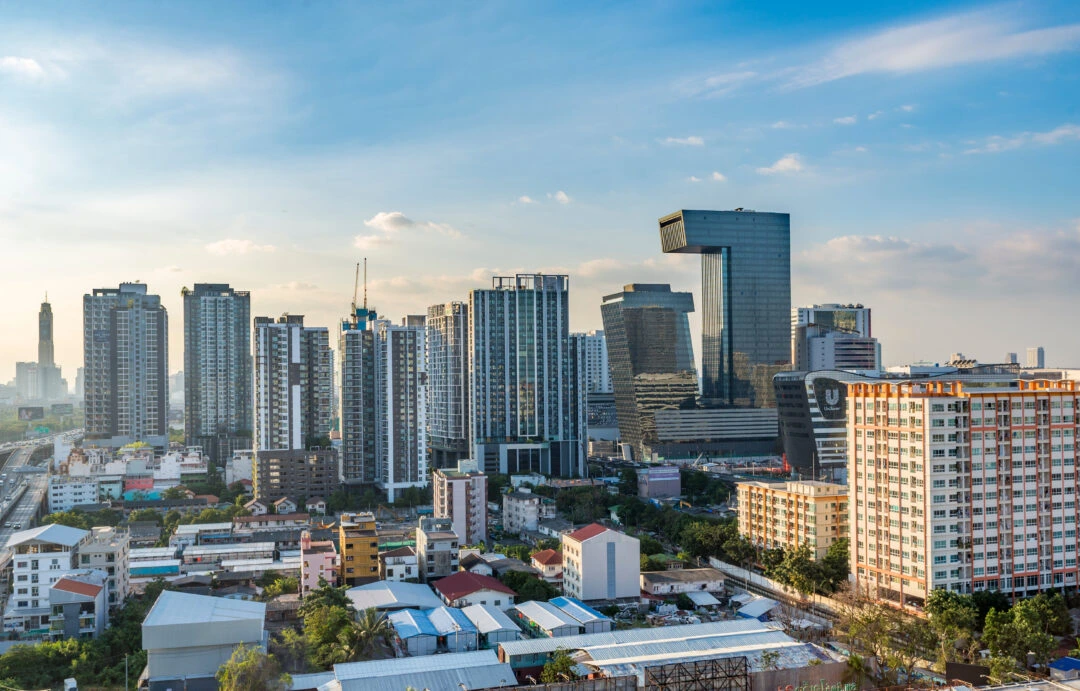
- The cities of Bangkok and Chiang Mai are in high-demand amongst foreign investors. The country’s the islands, for instance Phuket and Pattaya are popular for holiday homes; beach resorts and retirement destinations.
- Foreigners can buy freehold condominiums or apartments in Bangkok. Properties located closer to the BTS Skytrain station are usually worth a premium as high as double or triple that of a similar property elsewhere. Condominiums located next to the MRT subway line also go for a premium, albeit not as much when compared to those nearby the BTS station.
- A condo unit that’s located 100 meters from a central mass transit station is unlikely to be sold for below 200,000 baht per square meter.
- When a condo building is located 500 meters away or above a mass transport station, the price premium is reduced by as much as half. It vanishes altogether for property more than a kilometre away.
- Foreigners can only buy landed properties outside of Bangkok, such as Chiangmai, Phuket, Pattaya or Hua Hin; but based on a 30 year lease.
9. Property Tax and Stamp Duty*
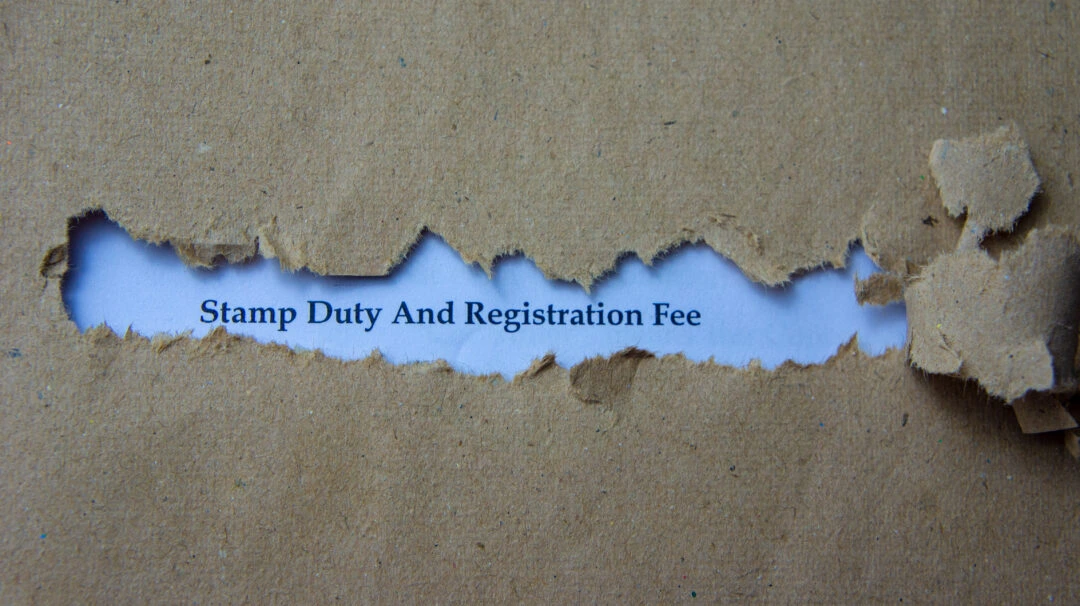
- When transferring property, there’s a 2% fee based on its government appraised value (which should be lower than the price you paid for it). Typically, half of that fee is paid by the buyer and the other half by the seller.
- Stamp duty of 0.5% based on selling price must also be paid upon transferring any real estate in Thailand. Stamp duty is usually paid by the seller.
- However, if a property is sold within 5 years of being acquired, a “Specific Business Tax” of 3.3% is payable instead. Should a specific business tax be required, the stamp duty does not need to be paid. This tax is normally paid by the seller. If the property is sold after 5 years, the specific business tax will be exempted.
- There is no capital gain tax in Thailand but instead a withholding tax (Income tax) at approximately 2% or less based on the government appraised value, should you wish to sell the property.
- If you choose to rent out your property in Thailand, rental income taxes are extremely low as there are many deductions. Your exact amount of tax payable will depend on any deductions allowed. More often than not though, rental tax isn’t greater than 5% and sometimes far less. Check with your property agents and they will be able to assist on this.
If you are looking to find the best properties and investment opportunities in Thailand, simply register with us, and our IQI agents will contact you as soon as possible.
* The property tax and the foreign buying guide are subject to change. It is always advisable to check with the local property agents or lawyers for the latest updates.
